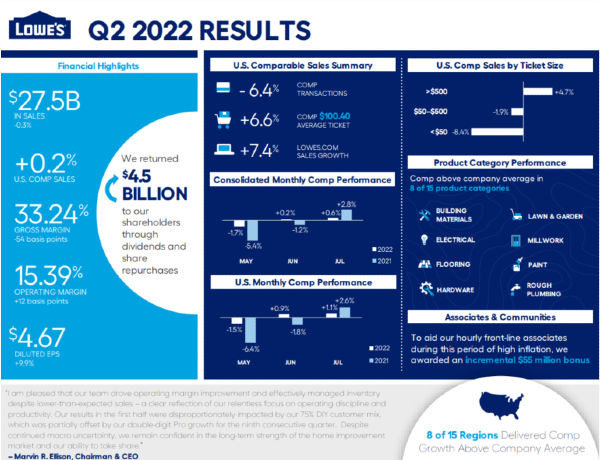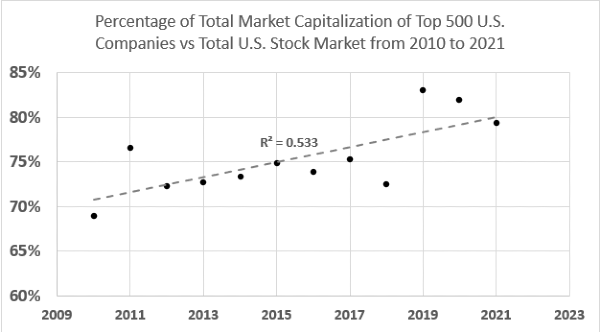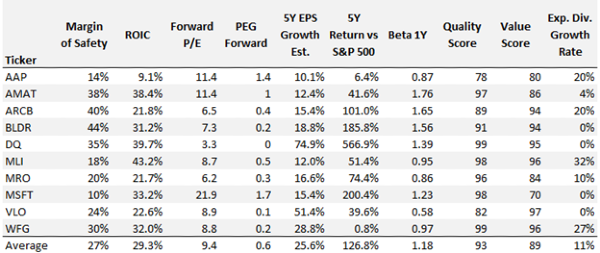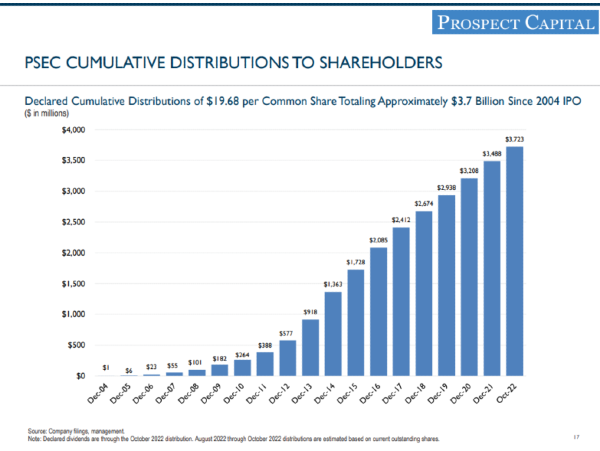Fulfillment in Retirement
Fulfillment in retirement is my new goal. As part of my post-honeymoon period of retirement wanderings, I had a sort-of-crisis of success. After all, my career was successful! What more does one need in life?
Once you have enough money, we know that more money does not make you happier or more fulfilled.
What about success? Is enough success enough? Not if your goal is fulfillment in retirement.
Self-Actualization in Retirement
My quandary started with a failure of Maslow’s.
We all know self-actualization sits atop Maslow’s Hierarchy. So what data supports his conclusion that we are called to improve our lives? Well, none.
When I looked for self-actualization in retirement, I found a blank page. Why bother with self-actualization as a “need.” It isn’t. Self-actualization, as it turns out, is a choice.
Success in Retirement
Next, because I’m just that kind of person, I looked to evolution for the answer. Since I argue that fulfillment in retirement is a choice rather than a need, what do our genes have to say on the topic? Are we evolved always to be looking for success? Nope. Or, at least not in the way you might think.
While we never really “know” what evolution “wants” from us, this is more than a just-so story.
As it turns out, success (at least from an evolutionary perspective) hinges not on self-fulfillment for the sake of self-fulfillment, but rather to meet other “critically important social goals.”
The desire for self-actualization from an evolutionary perspective is an accident of other evolutionary desires.
That, or, it is a choice.
Fulfillment in Retirement – Mentorship
Next, I went looking for answers from mentors. So what do two legendary physicians, underappreciated in their time, say about success and self-actualization?
These two, a neurologist and psychologist, are paradigm-shifting physicians who will not get the recognition they deserve in their lifetime. Instead, future generations will laud them for contributions above and beyond their medical careers. Let’s meet them.
William Bernstein, MD
I assume you knowBill Bernstein, MD, from his many books.
Bill, believe it or not, is one of the first people actually to use data to inform investment decisions. He thought we should approach investing with the same rigor as we approach medicine. Revolutionary!
Since then, he has become a powerhouse writer. His Investing for Adults is required reading if you want to apply rational thought to investing.
I had the pleasure of meeting Bill last year. When I asked him about success and retirement, he said:
“the moment you shut off the meaningful things in your life, whether it’s writing, volunteering, being with your grandkids, or any combination of those and a million other things, you die.” – William Bernstein, MD
Please get to know Bill, as he is a physician who epitomizes fulfillment in retirement. His choice.
Randolph Nesse, MD
You probably know Randy Nesse, MD, from his paradigm-shifting work on Why We Get Sick. His new book, Good Reasons for Bad Feelings, is the best book on evolutionary medicine in psychiatry.
He said:
“mood is influenced most not by success or failure but by rate of progress toward a goal.… Baseline mood is remarkably stable for most people, and variations reflect mainly the rate of progress toward a goal” – Randy Nesse, MD
For Dr. Nesse, a goal provides positive “variation” on your mood. I guess that means a good mood! And you achieve said good mood by making progress towards a goal. Thus, having a goal (self-actualization) is success in retirement.
Please get to know Randy, as he is a physician who embodies fulfillment in retirement. His choice.
Fulfillment in Retirement – The Final Breakthrough
My final breakthrough came early this morning on a walk when I listened to Tony Robbins on the Tim Ferriss podcast. Finally, it is clear—the goal in life (and retirement) is fulfillment rather than success.
“Success without fulfillment is the ultimate failure.” -Tony Robbins
Tony talks about achievement vs. fulfillment, and I think there are valuable lessons to learn. I’ll let you form your own conclusions, but this is important stuff.
Notice the importance of working on internal thought processes in self-actualization and fulfillment in retirement—again, a choice.
Summary – Fulfillment in Retirement
Fulfillment in retirement, as in any other stage of life, has little to do with your accomplishments. It is not about success; it is about seeking. Growing. Learning. Having a code of family values upon which you can act. Fulfillment in retirement is a choice.
I learned a lot this week by asking a question. Through Maslow’s failure, I found fulfillment in life is a choice. You have to do it.
What is the alternative?






























Fulfillment in Retirement
Fulfillment in retirement is my new goal. As part of my post-honeymoon period of retirement wanderings, I had a sort-of-crisis of success. After all, my career was successful! What more does one need in life?
Once you have enough money, we know that more money does not make you happier or more fulfilled.
What about success? Is enough success enough? Not if your goal is fulfillment in retirement.
Self-Actualization in Retirement
My quandary started with a failure of Maslow’s.
We all know self-actualization sits atop Maslow’s Hierarchy. So what data supports his conclusion that we are called to improve our lives? Well, none.
When I looked for self-actualization in retirement, I found a blank page. Why bother with self-actualization as a “need.” It isn’t. Self-actualization, as it turns out, is a choice.
Success in Retirement
Next, because I’m just that kind of person, I looked to evolution for the answer. Since I argue that fulfillment in retirement is a choice rather than a need, what do our genes have to say on the topic? Are we evolved always to be looking for success? Nope. Or, at least not in the way you might think.
While we never really “know” what evolution “wants” from us, this is more than a just-so story.
As it turns out, success (at least from an evolutionary perspective) hinges not on self-fulfillment for the sake of self-fulfillment, but rather to meet other “critically important social goals.”
The desire for self-actualization from an evolutionary perspective is an accident of other evolutionary desires.
That, or, it is a choice.
Fulfillment in Retirement – Mentorship
Next, I went looking for answers from mentors. So what do two legendary physicians, underappreciated in their time, say about success and self-actualization?
These two, a neurologist and psychologist, are paradigm-shifting physicians who will not get the recognition they deserve in their lifetime. Instead, future generations will laud them for contributions above and beyond their medical careers. Let’s meet them.
William Bernstein, MD
I assume you knowBill Bernstein, MD, from his many books.
Bill, believe it or not, is one of the first people actually to use data to inform investment decisions. He thought we should approach investing with the same rigor as we approach medicine. Revolutionary!
Since then, he has become a powerhouse writer. His Investing for Adults is required reading if you want to apply rational thought to investing.
I had the pleasure of meeting Bill last year. When I asked him about success and retirement, he said:
Please get to know Bill, as he is a physician who epitomizes fulfillment in retirement. His choice.
Randolph Nesse, MD
You probably know Randy Nesse, MD, from his paradigm-shifting work on Why We Get Sick. His new book, Good Reasons for Bad Feelings, is the best book on evolutionary medicine in psychiatry.
He said:
For Dr. Nesse, a goal provides positive “variation” on your mood. I guess that means a good mood! And you achieve said good mood by making progress towards a goal. Thus, having a goal (self-actualization) is success in retirement.
Please get to know Randy, as he is a physician who embodies fulfillment in retirement. His choice.
Fulfillment in Retirement – The Final Breakthrough
My final breakthrough came early this morning on a walk when I listened to Tony Robbins on the Tim Ferriss podcast. Finally, it is clear—the goal in life (and retirement) is fulfillment rather than success.
Tony talks about achievement vs. fulfillment, and I think there are valuable lessons to learn. I’ll let you form your own conclusions, but this is important stuff.
Notice the importance of working on internal thought processes in self-actualization and fulfillment in retirement—again, a choice.
Summary – Fulfillment in Retirement
Fulfillment in retirement, as in any other stage of life, has little to do with your accomplishments. It is not about success; it is about seeking. Growing. Learning. Having a code of family values upon which you can act. Fulfillment in retirement is a choice.
I learned a lot this week by asking a question. Through Maslow’s failure, I found fulfillment in life is a choice. You have to do it.
What is the alternative?
Originally Posted in FiPhysician